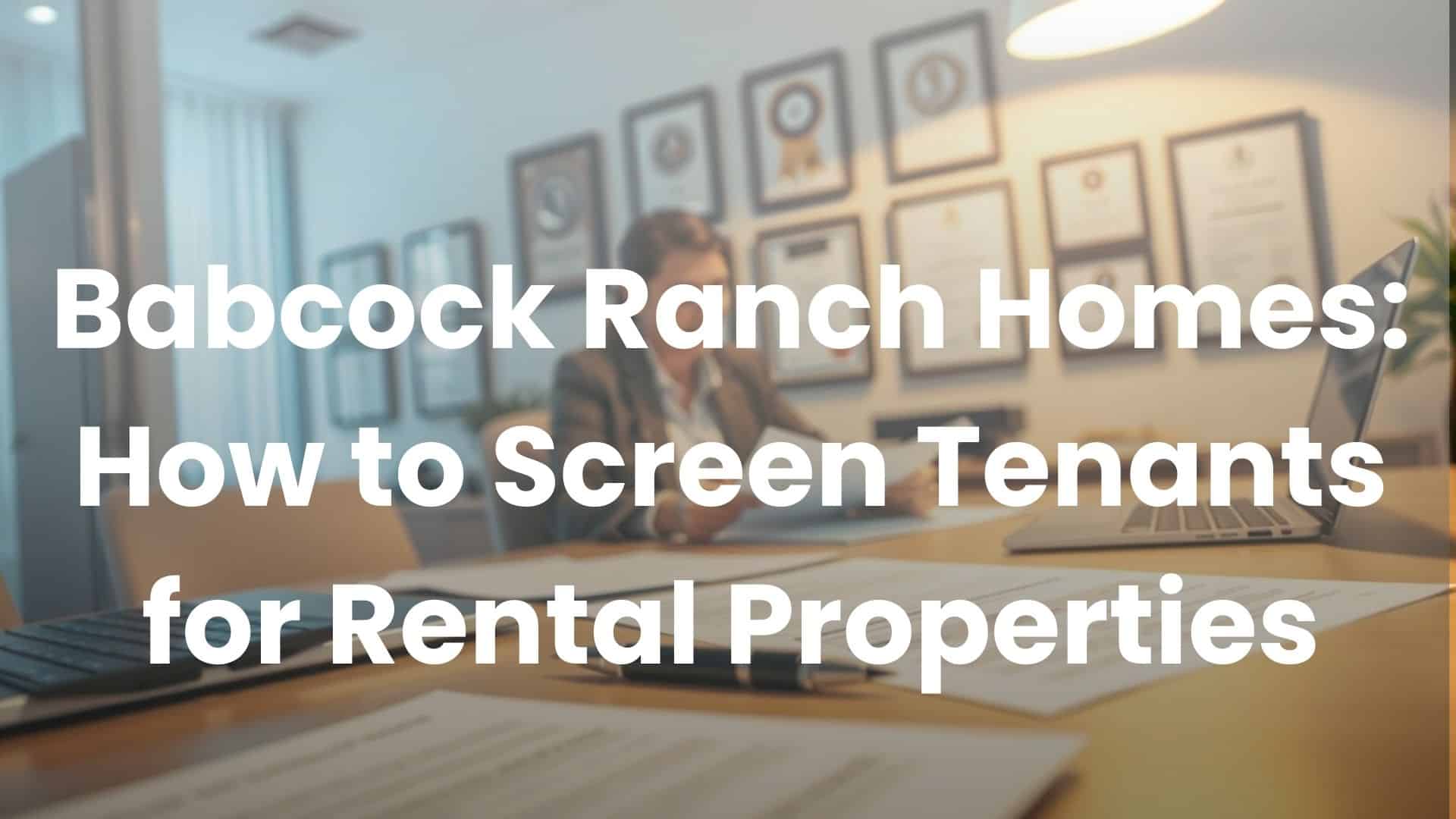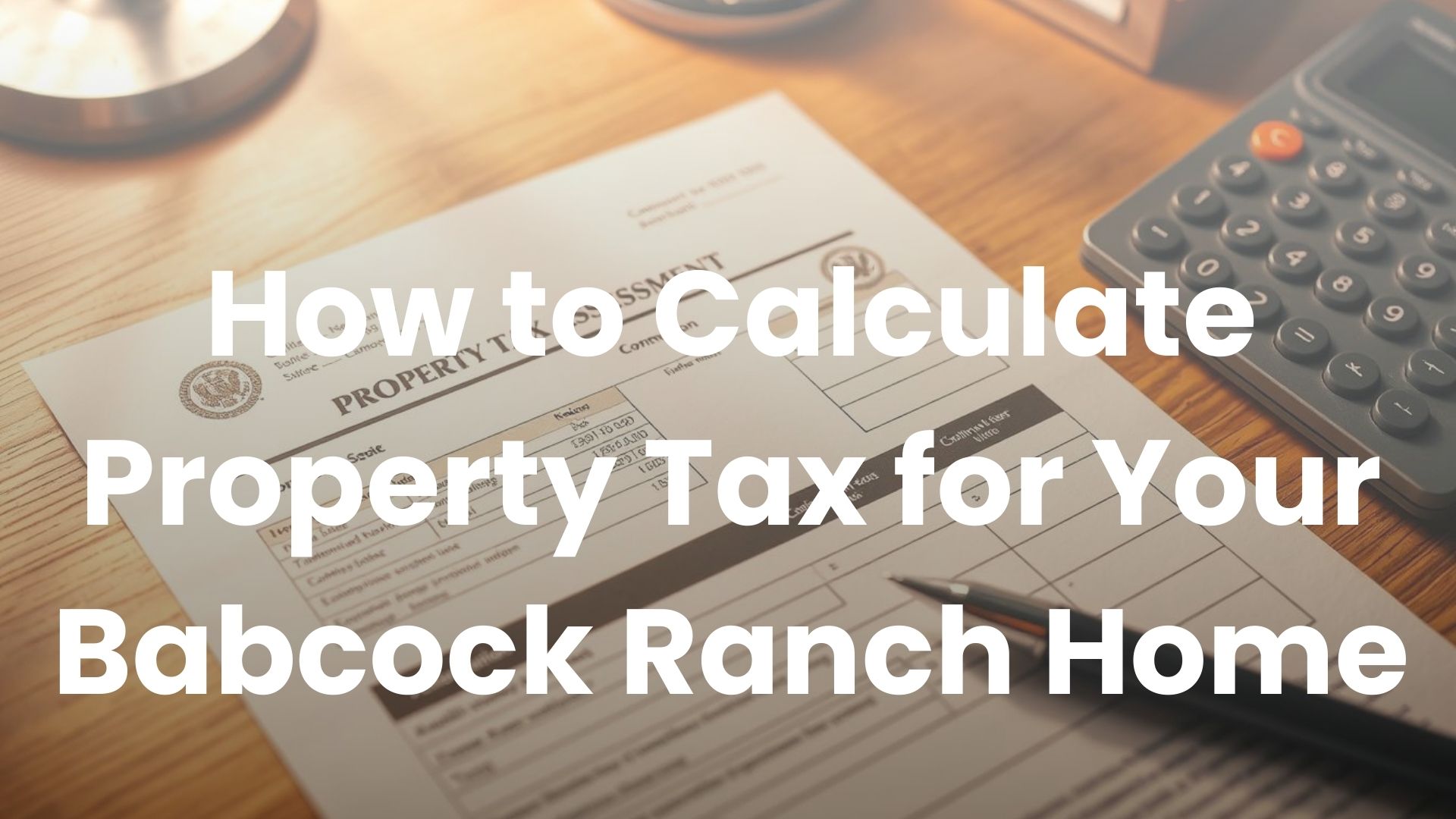Are you considering buying or selling a house but feeling confused about contingent listings? In real estate transactions, understanding contingencies is crucial for both buyers and sellers. This article will demystify the concept of contingent houses, explain common contingencies in real estate contracts, and outline their impact on buyers and sellers. By the end, you’ll have a clear understanding of contingent listings and how they affect real estate sales, helping you navigate contracts and liens with confidence.
Key Takeaways
- Contingent status protects buyers and sellers by allowing them to back out if conditions aren’t met
- Common contingencies include financing, home inspection, appraisal, and title contingencies
- Buyers should carefully evaluate contingent listings and consider risks and opportunities before making offers
- Sellers can manage contingent offers by setting clear deadlines and prioritizing offers with fewer contingencies
- The transition from contingent to pending status marks a significant milestone in a real estate transaction
Understanding Contingent Houses in Real Estate

Contingent status in home listings plays a crucial role in real estate transactions. This section explores the meaning of contingent houses and how contingencies affect property deals. Understanding these elements is essential for buyers and sellers navigating the real estate market, as they can impact contract terms, interest rates, and the overall success of a contingent home sale.
Defining Contingent Status in Home Listings
A contingent house definition in real estate refers to a property listed for sale with specific conditions that must be met before the transaction can be completed. These conditions, or contingencies, often involve factors such as a satisfactory home inspection, mortgage approval, or the buyer’s ability to sell their current home. Contingent status protects both the buyer and seller by allowing them to back out of the deal if certain criteria are not met, safeguarding their assets and financial interests throughout the process.
Role of Contingencies in Property Transactions
Contingencies play a crucial role in property transactions, serving as safeguards for both buyers and sellers during the negotiation process. These conditions allow parties to conduct due diligence, ensuring that all aspects of the deal meet their expectations before finalizing the purchase. Contingencies can affect various elements of the transaction, including the price, down payment, and overall terms of the sale. By providing a reference point for negotiations, contingencies help protect the interests of all parties involved and allow for a more thorough evaluation of the property’s value and condition.
Common Contingencies in Real Estate Contracts

Real estate contracts often include several common contingencies that protect buyers and sellers. These include financing contingencies related to loans and debt, home inspection contingencies to assess property condition, appraisal contingencies to ensure fair value, and title contingencies to verify ownership. Understanding these contingencies is crucial for navigating real estate transactions and avoiding potential issues like foreclosure.
Financing Contingency Explained
A financing contingency is a crucial safeguard for buyers in real estate transactions. This contingency allows buyers to back out of a purchase if they cannot secure the necessary financing, protecting them from potential financial hardship. Real estate agents often recommend including this contingency, especially for first-time homebuyers or those considering real estate investing. It provides valuable information and peace of mind regarding the buyer’s ability to obtain a mortgage or refinancing options, ensuring they can proceed with confidence in their path to ownership.
- Protects buyers from financial risk
- Allows time to secure mortgage approval
- Provides an exit strategy if financing falls through
- Commonly recommended by real estate agents
- Essential for first-time homebuyers and investors
Home Inspection Contingency Details
Home inspection contingencies play a vital role in real estate transactions, providing buyers with a safeguard against potential property issues. As recommended by the National Association of Realtors, this contingency allows buyers to assess the home’s condition and negotiate repairs or price adjustments based on the findings. In cases of probate sales or when dealing with inherited properties, home inspections become particularly crucial for determining the true value and potential equity in a contingent house.
Appraisal Contingency and Its Importance
The appraisal contingency serves as a crucial safeguard in a contingent house sale, protecting buyers from overpaying for a property. This contingency allows buyers to back out of the deal or renegotiate if the appraised value falls below the agreed-upon purchase price, ensuring the property’s market value aligns with the offer. In cases where the appraisal comes in low, buyers may need to reconsider their insurance coverage or adjust their financing terms to reflect the contingent meaning on house valuations.
Title Contingency Considerations
Title contingencies protect buyers from potential ownership issues in contingent homes for sale. This contingency allows buyers to review the property’s title history through a multiple listing service, ensuring there are no liens, encumbrances, or ownership disputes. By including a title contingency, buyers can mitigate the risk of inheriting legal problems associated with the property and secure a clean title before making the final payment. The following table illustrates the key aspects of a title contingency:
| Aspect | Description |
|---|---|
| Purpose | Ensure clean property ownership |
| Process | Title search and review |
| Protection | Against liens and ownership disputes |
| Benefit | Mitigate legal risks for buyers |
Impact of Contingent Status on Buyers

Contingent status significantly impacts buyers in real estate transactions. This section explores how buyers can approach contingent listings and evaluate associated risks and opportunities. Understanding these aspects is crucial for buyers navigating the market, especially when considering factors such as title searches, short sales, interest rates, financing options, and potential tax implications.
How Buyers Can Approach Contingent Listings
Buyers approaching contingent listings should understand the contingent house meaning and its implications for their purchase. These properties may offer opportunities for negotiation, but they also come with potential risks. Buyers should carefully evaluate the contingencies attached to the listing, considering how they might affect their income and financing options. When assessing a contingent home, buyers should:
- Review the specific contingencies and their timelines
- Consult with a real estate agent to understand the contingent meaning on a house
- Evaluate their financial position and risk tolerance
- Consider making backup offers on contingent properties
- Be prepared for potential delays in the buying process
Evaluating the Risks and Opportunities
Evaluating risks and opportunities in contingent house transactions requires careful consideration of multiple factors. Buyers must assess the likelihood of contingencies being met, potential changes in market conditions, and the impact on their financing options. Key aspects to evaluate include:
- Strength of the seller’s contingencies
- Timeframes for contingency resolution
- Potential for price negotiations
- Market trends and property value projections
- Alternative properties available in the area
Impact of Contingent Status on Sellers

Contingent status significantly impacts sellers in real estate transactions. This section examines how sellers can effectively manage offers with contingencies and implement strategies to reduce transaction delays. Understanding these aspects is crucial for sellers navigating the market, as they can affect the sale timeline, negotiation power, and overall success of the transaction.
Managing Offers With Contingencies
Sellers managing offers with contingencies must carefully evaluate each proposal to determine the best course of action. They should assess the strength of the buyer’s financial position, the likelihood of contingencies being met, and the potential impact on the sale timeline. Sellers may consider negotiating contingency terms, setting clear deadlines for contingency resolution, or prioritizing offers with fewer contingencies to minimize risks and expedite the sale process.
Strategies for Reducing Transaction Delays
Sellers can employ several strategies to reduce transaction delays in contingent house sales. They may set strict timelines for contingency resolution, require earnest money deposits, or offer incentives for prompt contingency fulfillment. Additionally, sellers can work with their real estate agents to preemptively address potential issues, such as obtaining pre-inspections or providing detailed property disclosures, to minimize surprises and expedite the process.
Differences Between Contingent and Pending Listings

Understanding the differences between contingent and pending listings is crucial in real estate transactions. This section explores the transition from contingent to pending status and explains what pending means for the sale process. These distinctions impact buyers’ and sellers’ decisions and influence the overall timeline of property transactions.
Transition From Contingent to Pending Status
The transition from contingent to pending status marks a significant milestone in a real estate transaction. This change occurs when all contingencies have been met or waived, signaling that the sale is moving forward towards closing. During this transition, buyers typically finalize their financing arrangements, while sellers prepare for the property transfer. Real estate agents often update the listing status in the multiple listing service (MLS) to reflect this progress, indicating to other potential buyers that the property is no longer actively accepting offers.
What Pending Means for the Sale Process
Pending status in real estate indicates that a property sale is in its final stages. Once a listing moves from contingent to pending, all contingencies have been satisfied or waived, and the transaction is progressing towards closing. During this phase, buyers typically complete their loan process, schedule final inspections, and prepare for the transfer of ownership. Sellers, meanwhile, finalize any agreed-upon repairs and begin making arrangements for moving. The pending status signals to other potential buyers that the property is no longer actively accepting offers, though in some cases, backup offers may still be considered. The following table illustrates the key differences between contingent and pending statuses:
| Aspect | Contingent Status | Pending Status |
|---|---|---|
| Offer Acceptance | Accepted with conditions | Fully accepted |
| Contingencies | Still in effect | Satisfied or waived |
| Additional Offers | May be considered | Typically not accepted |
| Sale Progress | Early to mid-stages | Final stages |
Navigating Contingent Offers Successfully

Navigating contingent offers successfully requires understanding key strategies for both buyers and sellers. This section provides essential tips for buyers making contingent offers and valuable advice for sellers receiving them. By mastering these approaches, participants in real estate transactions can effectively manage contingencies and increase the likelihood of successful deals.
Tips for Buyers Making Contingent Offers
Buyers making contingent offers should strengthen their position by presenting a compelling case to sellers. They should obtain a pre-approval letter from a lender, demonstrate strong financial credentials, and offer a competitive earnest money deposit. Buyers should also consider limiting contingencies to essential items and proposing shorter contingency periods to make their offer more attractive. The following table outlines key strategies for buyers making contingent offers:
| Strategy | Description |
|---|---|
| Financial Preparation | Secure pre-approval and demonstrate strong finances |
| Competitive Deposit | Offer a substantial earnest money deposit |
| Limited Contingencies | Focus on essential contingencies only |
| Short Timelines | Propose shorter contingency periods |
| Clear Communication | Explain contingencies and timeline clearly to seller |
Advice for Sellers Receiving Contingent Offers
Sellers receiving contingent offers should carefully evaluate each proposal’s terms and conditions. They should assess the buyer’s financial strength, the likelihood of contingencies being met, and the potential impact on their sale timeline. Sellers may consider negotiating contingency terms, setting clear deadlines for resolution, or prioritizing offers with fewer contingencies to minimize risks and expedite the sale process. Additionally, sellers can work with their real estate agents to preemptively address potential issues, such as obtaining pre-inspections or providing detailed property disclosures, to streamline the transaction.
Conclusion
Understanding contingent house meaning in real estate transactions is crucial for buyers and sellers navigating the complex property market. Contingencies provide essential safeguards for both parties, allowing them to protect their interests and conduct thorough due diligence before finalizing a deal. Mastering the nuances of common contingencies, such as financing, home inspection, appraisal, and title, empowers participants to make informed decisions and mitigate potential risks. By effectively managing contingent offers and understanding the transition from contingent to pending status, buyers and sellers can increase their chances of successful transactions and achieve their real estate goals.




















